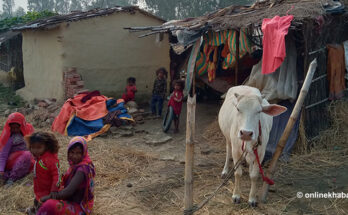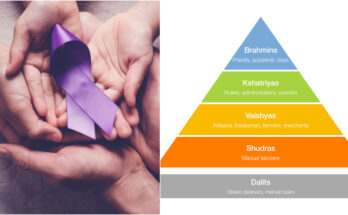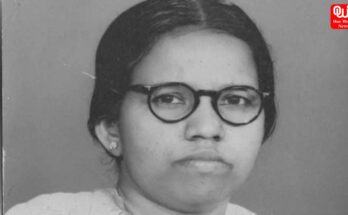
The Dalits of Bangladesh are a marginalized group whose identity is typically characterized as “lowcaste”. Their birth status in the caste hierarchy, and current and ancestral occupations, are considered “impure”. Dalits are designated as “untouchable” within the Hindu caste system of the Indian subcontinent. Untouchability refers to the subjugation and denial of the basic human rights of people who are labelled as “polluted” or “impure”; it is the most insidious manifestation of caste-based discrimination, specifically in South Asia.
As such, Dalits face widespread discrimination in all aspects of life. Several NGOs have reported that Dalits have lower literacy rates, face barriers to education, healthcare, adequate housing and political participation, and have limited employment opportunities. Dalit rights organizations estimate that there are up to 6.5 million Dalits in Bangladesh. They are typically categorized as Bengali Dalits,non-Bengali Dalits and Muslim Dalits. Dalits have reported being systematically excluded from shared spaces such as temples, restaurants and markets, as well as from accessing water and water sources.
With its accession to the International Convention on the Elimination of All Forms of Racial Discrimination (ICERD), Bangladesh undertook to prohibit and eliminate racial discrimination, including caste and descent-based discrimination. As explained in CERD General Comment No. 29: “Discrimination based on ‘descent’ includes discrimination against members of communities basedon forms of social stratification such as caste and analogous systems of inherited status which nullifyor impair their equal enjoyment of human rights”.
Bangladesh’s Constitution protects against discrimination on grounds of religion, race, caste, sex and place of birth. Following his 2023 visit to Bangladesh, the UN Special Rapporteur on extremepoverty and human rights highlighted the “deplorable practices of ‘untouchability’, stigma, violence,and social as well as spatial segregation resulting in lack of access to education, healthcare, cleanwater, sanitation and hygiene, social protection, housing and land.” Further, he noted that theConstitution “does not identify the practice of untouchability as a form of discrimination” and calledfor the Bangladesh government to strengthen the legal and institutional framework to better preventand protect marginalized groups from discriminatory practices. Other UN experts have similarly called for the government to “explicitly recognize the discrimination experienced by Dalits”, and Dalit rights organizations have long been calling for an anti-discrimination law.
Source: Amnesty International



